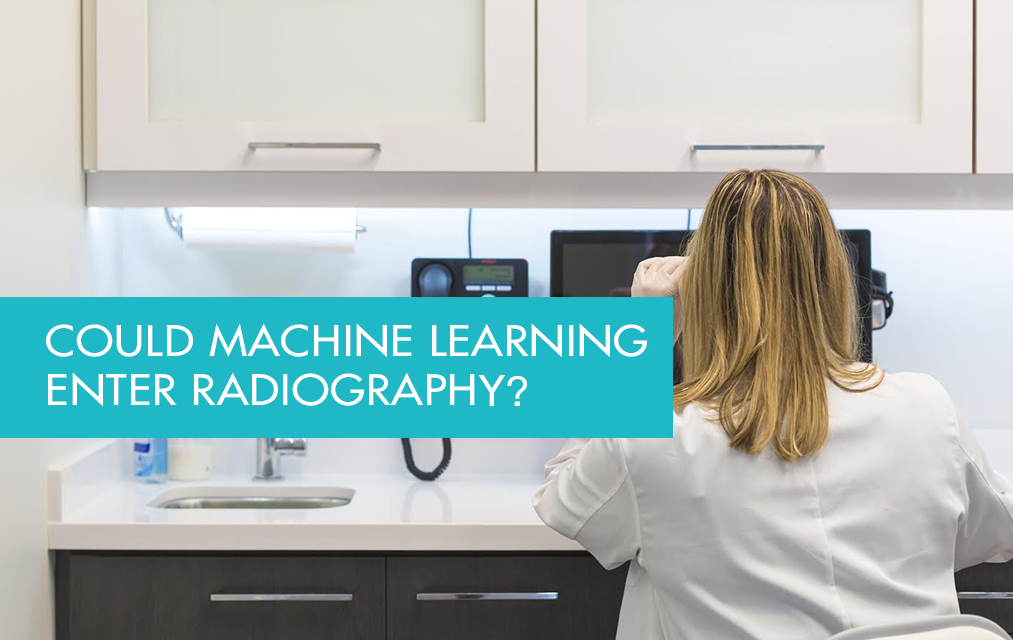As medical professionals, more efficiency means better and more specialized care for your patients. As a result, the notion of machine learning in the medical world may sound like an appealing proposition. Machine learning, in this context, is an offshoot of artificial intelligence that allows machines to learn from previous data to grow and develop, rather than having a professional have to do the bulk of guiding it through simple tasks. So, how do machine learning and radiography potentially apply to each other? Let’s take a closer look.
One common machine learning facet is already in use across radiology, and this is troubleshooting and appraising non-conventional results. For example, over the course of a year, a digital radiography software may go through hundreds, or even thousands of different images. Deriving medical results from all of these can be extremely time-consuming, and in some cases, there may be errors that the technicians miss. Machine learning can be another line of defense. If something abnormal from what the machine knows appears, they can act accordingly.
It’s important to note here that the goal isn’t to replace radiologists, which is a myth that pursues AI and machine learning across a variety of disciplines. Instead, it’s designed to cut through tedium so professionals have more time to focus on certain areas.
Machine learning and radiography, depending on your setting and budget, may either be a faraway dream or something you’re starting to consider now. However, with the advent of machine learning across a variety of other medical areas, you don’t want to keep it too far out of sight or out of mind. When the time does come for you to upgrade your radiography equipment, to take advantage of machine learning or any other improvements, you want to work with partners like ExamVue X-Ray Solutions. Programs like our 5-5-5 Coverage Program make sure that you will have support during and after your upgrade to integrate this new technology better.


